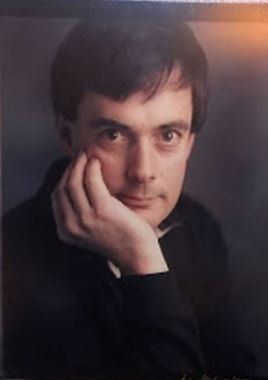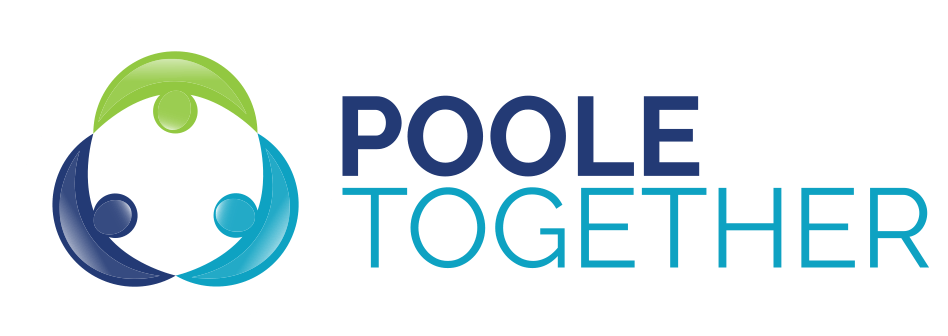Celebrating the legacy of Robert White
University Hospitals Dorset | Press Release • May 20, 2021
Celebrating the legacy of Robert White

Robert White was an extraordinary local businessman who on his death donated his wealth to benefit NHS patients across Dorset. On what would have been Robert’s 68th birthday, (11 May) we are celebrating the innovative services and projects that Robert’s legacy has funded that are now benefiting people with cancer throughout Dorset.
Dr Mike Bayne, consultant oncologist at University Hospitals Dorset, said:
“Five years ago I had the enormous privilege of treating Robert White for metastatic neuroendocrine cancer.
“Robert was a strong personality and left a powerful mark on all who met him.
“Before he died he took the exceptional step of leaving most of his considerable assets to Poole Hospital as a legacy that has enabled us to set up the Robert White Legacy Fund.
“With Robert’s legacy we have created the Robert White Cancer Centre in Dorchester enabling for the first time delivery of radiotherapy closer to the homes of those in the west of the county.
“We have supported the appointment of doctors and nurses to a series of posts that have enhanced research and treatment for patients in Dorset and the wider Wessex region.
“We have introduced a number of new leading edge treatments to Dorset namely a state of the art laryngology service, brachytherapy and endoscopic ultrasound.”
Most recently Robert’s legacy has supported the purchase of surface guided radiotherapy equipment in the radiotherapy department which will transform work flows in radiotherapy and allow a leap forward in the radiotherapy techniques we can deliver.
David Frost, head of therapy radiography at University Hospitals Dorset, said:
“Without this amazing legacy Poole Hospital would not have been able to purchase surface guided radiotherapy technology (SGRT) allowing University Hospitals Dorset to become one of the first radiotherapy centres in the south west to offer this facility.”
The implementation of this treatment will enable the UHD radiotherapy department to achieve its vision and become a centre of excellence providing the best and safest treatment for the population of Dorset and beyond.
Surface guided radiotherapy is a system that tracks the patient’s position before and during radiotherapy, this helps ensure accuracy of treatment delivery and streamlines workflows. Further developments will change practice so that patients don’t need permanent marks and can have open faced masks which will remove some of the psychological impact of having radiotherapy.
With the generous support of Robert’s legacy, the trust was also able to acquire a suite of products that include surface guided radiotherapy and automatic patient ID solution. The benefit of automatic patient ID is that it improves patient safety, ensuring that the right patient gets the right treatment with the correct treatment accessories.
If you would like to support the work of the hospitals in helping patients with cancer in the future then you can donate here: https://uhdcharity.org/index.php/donate


